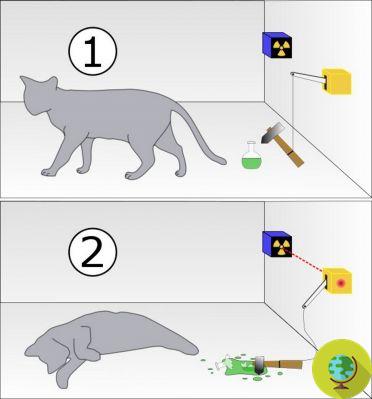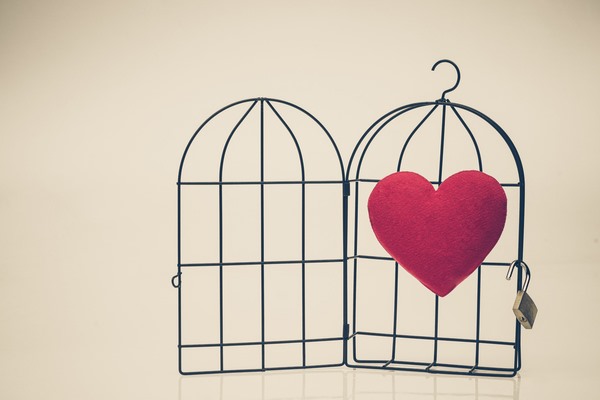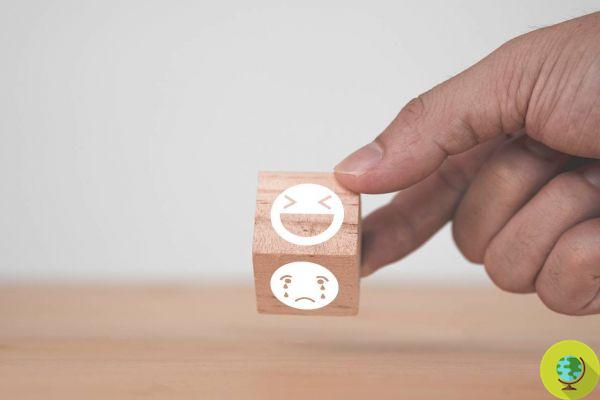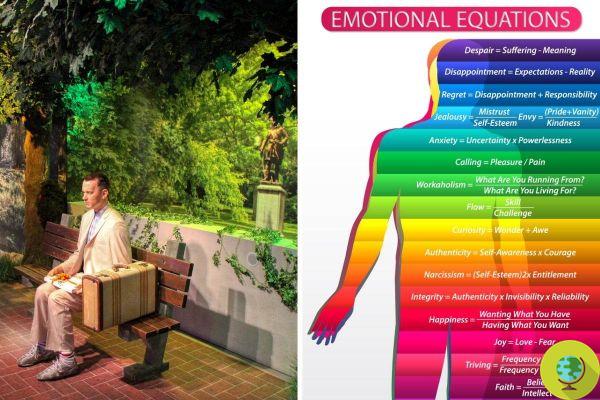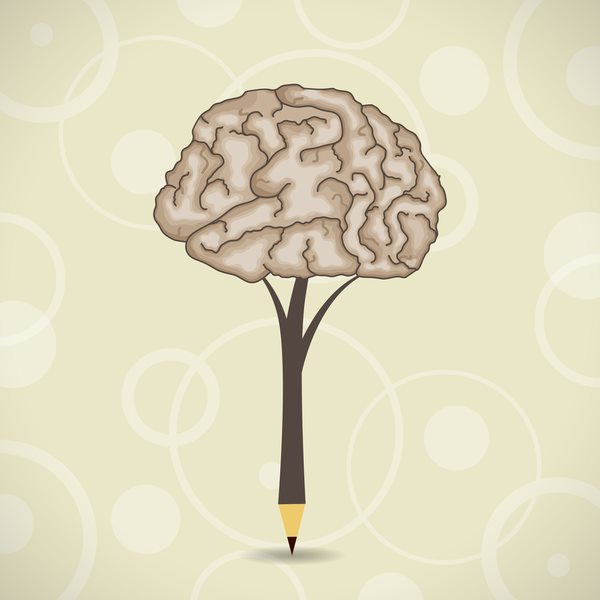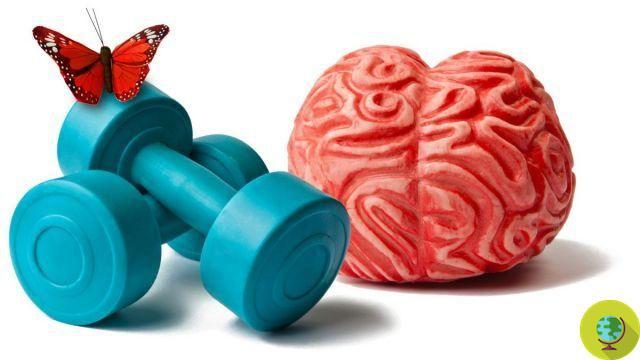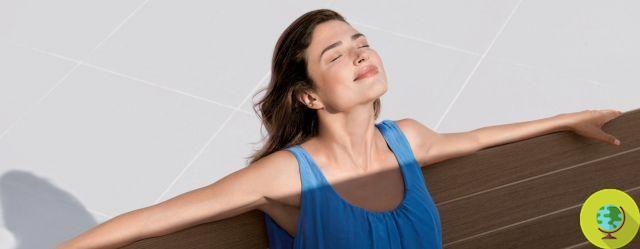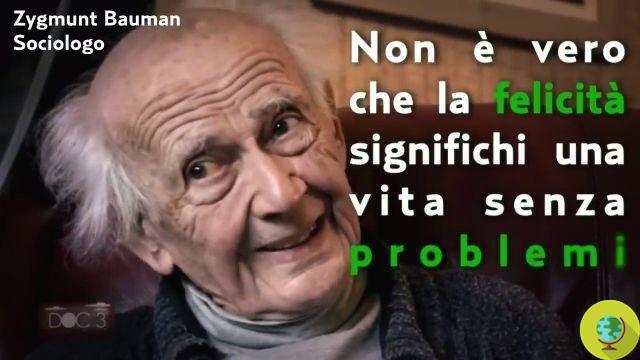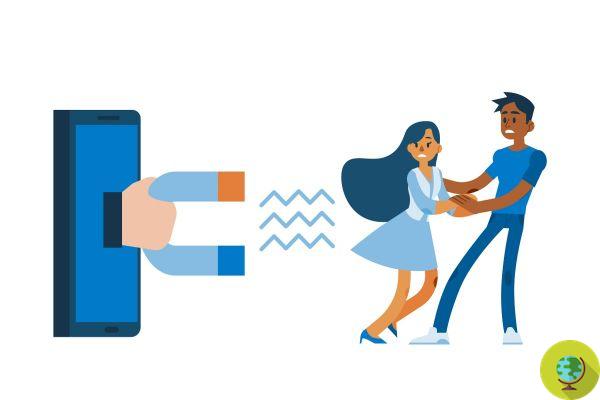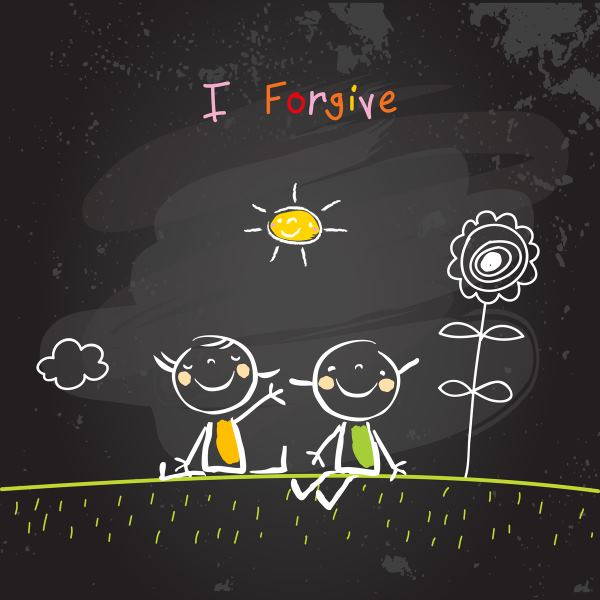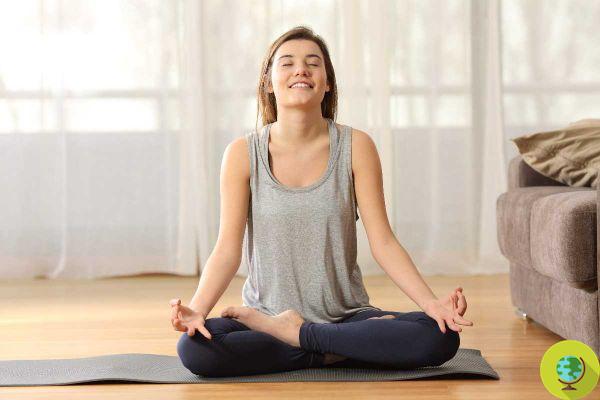
The busy life overwhelms us and we often feel stressed, without a goal. Here's how to find focus, it only takes 5 minutes
The busy life overwhelms us and we often feel stressed, without a goal. Here's how to find focus, it only takes 5 minutes
It is true that in order to live our purpose in this world, we must have a vision and a plan to make our dreams come true. We must be persistent in working towards our goals. However, our "race at any cost" culture has convinced us that this means choosing between success and quality of life (eg health, happiness and fulfillment). This mentality actually threatens our profits and secretly sabotages success.
Stress, exhaustion, and decision fatigue can lead to mood swings, irritability, frustration, anger, and sadness. In other words, the primitive part of our brain (controlled by emotion) takes over and dictates our behaviors, while our thinking is paused. (Read also: 5 signs that your brain is not healthy (and how to fix it)
Rest periods, on the other hand, have many benefits and can provide:
- productive energy
- creativeness
- innovative thinking
- executive function
- positive mindset
- intuition
- Memory
A specific method that is particularly effective? The nap. We are often tempted to rely on coffee instead of taking a short break when we feel tired and without strength; remember that a simple nap increases attention even better than caffeine. In fact, short rest periods they also counteract the effects of sleep deprivation, making us better problem solvers, which leads directly to innovation and decisive action, two notable hallmarks of success.
But when to nap if you're busy at work? It is good to know that it is not necessary to fall asleep to feel the restorative benefits of rest, try these three ways to rest and thus improve creativity and productivity. These are easy exercises to do anywhere, it only takes 5 minutes.
Index
Close your eyes
More than 50% of the surface of the brain is dedicated to processing visual information. Closing our eyes releases the energy associated with that 50 percent, allowing our brains to recover. We can tap into the unconscious processes, which help us connect with our ideas and solve problems more efficiently simply by decreasing visual input.
How to proceed:
- creates a cozy environment for a nap without falling asleep
- take the pressure off and relax
- listen to relaxing music to muffle any annoying noises
- let the eyelids close gently and notice any thoughts that arise
Daydreaming
Were you ever scolded as a child for looking dreamily out the window? Our parents and teachers assumed that a wandering mind was an obstacle, but neuroscience researchers have found that those who daydreamactually has more creativity.
Find time for the free thought it allows us to untangle, almost effortlessly, the confused information present in our mind. Just as our muscles gain flexibility through a slight stretch, new insights are more likely to emerge when we are relaxed. For best results, approach your daydreaming session with intention - you need to be able to understand when you are in this state and pull yourself out when you want. Obviously, this takes some practice.
How to proceed:
- choose a photo or work of art that you find relaxing to look at, perhaps a picture of the calm sea or flowers
- set a timer for five minutes
- sit comfortably and look at the picture
- allow your mind to wander, keeping your attention on the feeling you get from the image itself and keep a pen and notebook nearby, where you can jot down any flashes of inspiration
To breathe
The adult brain is responsible for about 20 percent of oxygen consumption. This means that oxygen is a fuel that our brains rely heavily on for planning, decision making and thinking.
La simple focused breathing it gives us a boost of mental energy. It also helps us relax by supporting creativity and productivity and activating ours parasympathetic nervous system responsible for relaxation, both mental and physiological.
How to proceed:
- First, practice diaphragmatic breathing, drawing air into your belly instead of your upper chest
- place one hand on your heart and the other on your abdomen as you inhale
- when your lower hand comes up on inhalation and your upper hand does not, you know you are bringing the air all the way into the diaphragm
- then, breathing only through the nose, inhale for a count of four, hold for a count of four, exhale for a count of four, and hold again for a count of four
- Repeat this sequence for two to ten minutes
Using these techniques, our brain is able to separate information and reassemble it, like pieces of a puzzle, in a way that our conscious mind alone cannot.
So what if instead of celebrating the frenzy we stopped long enough to tune into our deeper levels of consciousness? Only when we allow ourselves the space to relax do we empower our minds to align with our dreams, and that's when we are able to achieve an unparalleled level of success. (Read also: If you feel sad or depressed when you think about the climate crisis, you may be suffering from solastalgia)
Follow us on Telegram | Instagram | Facebook | TikTok | Youtube
Could it be interesting for you:
- Why you should extend the "happy reduction" of summer all year round, according to the psychologist
- Climate change: anxiety, stress and depression among the effects
- Having a friend who listens and supports us can have a very powerful beneficial effect on the brain
- Grounding: what it is and all the proven benefits of contact with the earth with bare feet





